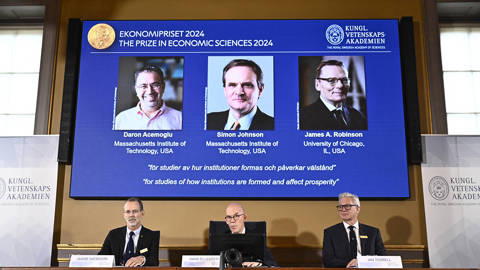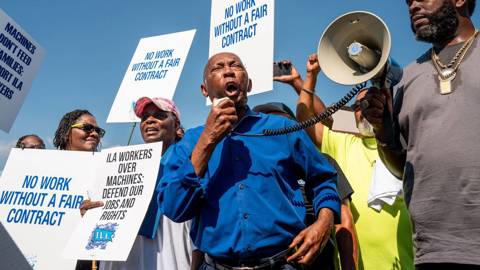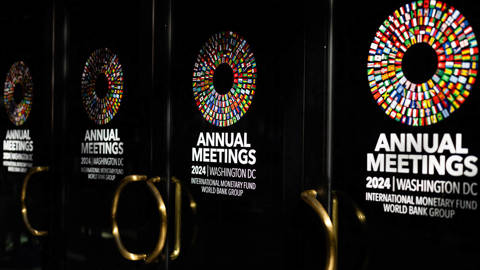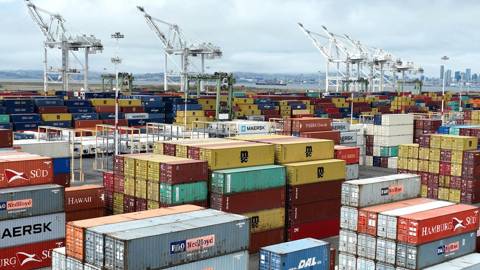
Our Contributors
-
Cédric O is a former French secretary of state for the digital economy (2019-22).
-
Michael O’Boyle is Director of Electricity Policy at Energy Innovation.
-
John O’ Brennan is Director of European Studies and a lecturer in European Politics at the National University of Ireland Maynooth (NUIM).
-
Gus O’Donnell, former Cabinet Secretary to Tony Blair, Gordon Brown, and David Cameron, is now Chairman of Frontier Economics and a member of the UK House of Lords.
-
Megan O’Donnell leads the Center for Global Development’s COVID-19 Gender and Development Initiative.
-
Stephen O’Driscoll is Head of Environment, Climate, and Social Policy at the European Investment Bank.
-
Michael O’Hanlon is a senior fellow at the Brookings Institution.
-
Margaret O’Mara is Professor of American History at the University of Washington and the author of The Code: Silicon Valley and the Remaking of America (Penguin Press, 2019) and Cities of Knowledge: Cold War Science and the Search for the Next Silicon Valley (Princeton, 2005).
-
Shane O’Mara is Professor of Experimental Brain Research and Wellcome Trust Senior Investigator at the Institute of Neuroscience at Trinity College, and the author of Why Torture Doesn't Work: The Neuroscience of Interrogation.
-
Shannon K. O'Neil, Vice President of Studies and Nelson and David Rockefeller Senior Fellow for Latin America Studies at the Council on Foreign Relations, is the author of The Globalization Myth: Why Regions Matter (Yale University Press, 2023).
-
Jim O’Neill, a former chairman of Goldman Sachs Asset Management and a former UK treasury minister, is a member of the Pan-European Commission on Health and Sustainable Development.
-
Tim O’Reilly, Founder and CEO of O’Reilly Media, Inc., is a visiting professor at University College London Institute for Innovation and Public Purpose and the author of WTF? What’s the Future and Why It’s Up to Us (Harper Business, 2017).
-
Professor of Politics at MIT.
-
Kevin Hjortshøj O’Rourke is Professor of Economic History and Fellow of All Souls College, University of Oxford.
-
Fintan O'Toole is the Leonard L. Milberg Visiting Lecturer in Irish Letters at Princeton University, columnist at the Irish Times, and the author of Heroic Failure: Brexit and the Politics of Pain.
Our Pick

Featured
-
The Beggar-Thy-Neighbor Test The Beggar-Thy-Neighbor Test
Oct 10, 2024 Dani Rodrik
-
What US Interest-Rate Cuts Mean for China What US Interest-Rate Cuts Mean for China
Oct 9, 2024 Andrew Sheng & Xiao Geng
-
Is Capitalism Really the Cause of Global Inequality? Is Capitalism Really the Cause of Global Inequality?
Oct 10, 2024 Kenneth Rogoff
-
Europe and the Polycrisis Europe and the Polycrisis
Oct 10, 2024 Thomas Buberl








